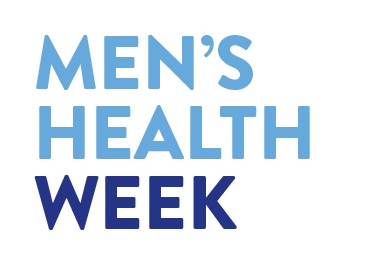Local authorities have a responsibility under The Local Government and Public Involvement Health Act 2007 to work with their local NHS on a Joint Strategic Needs Assessment (JSNA) to improve health in their area. The responsibility was amended by the Health and Social Care Act 2012 to specify that this should be done through the Health and Wellbeing Board.
The JSNA is the key document that local authorities rely on to understand the health of the people in their area. On the basis of the information in the JSNA, health and wellbeing strategies are written which, in turn, inform the allocation of scarce health service resources and commissioning of services.
The Men’s Health Forum has analysed the JSNA of every local authority in England to determine whether they are aware of the specific health problems facing men (and women) in their area. On average, more than one in five men is still dying between the ages 16 and 65, and more than two in five before the age of 75 – with death rates amongst men in the poorest areas of the country being even worse. Men are still more likely to die of circulatory disease and cancer.
75% of premature deaths from coronary heart disease are male.
Men have a 37% higher risk of dying from cancer and a 67% higher chance of dying from cancers that affect both men and women (ie. excluding those cancers that affect either women only or men only).
See The Scale of the Challenge in the Men's Health Manifesto for more information.
Of the 147 JSNAs researched and analysed by the Men’s Health Forum only 18% adequately recorded information by gender.
This report is addressed to local and central government and all public and clinical health professionals.
It highlights the need for real change in data quality and availability in JSNAs. Unless there is an improvement, we will be unable to adequately redress health inequalities in local health policy.
The Men’s Health Forum’s analysis has shown that this is possible. The London Borough of Hillingdon, Bolton Metropolitan Borough Council, Hampshire County Council and Wirral Metropolitan Borough Council use gender-sorted data and all prioritise men’s health needs in their JSNA.
The lessons we have learned about approaches to data and recognising local men’s health needs apply equally to recognising women’s health needs. You can read the report below or download the February 2015 edition in PDF.
This project is part of the Men's Health Forum's work as a strategic partner of the Department of Health, NHS England and Public Health England.
- Listen to the audio - interview with report author Ed Bevan

